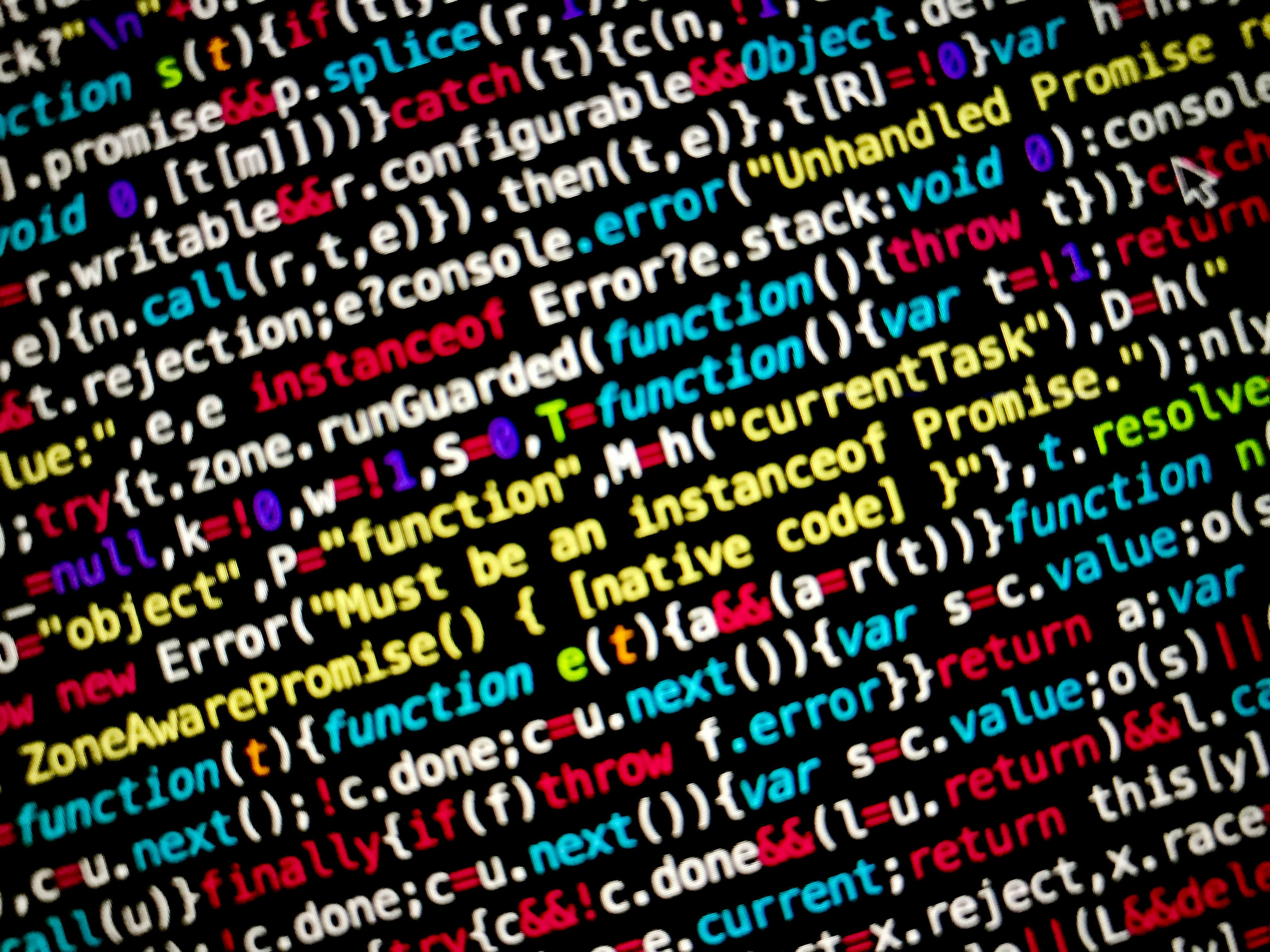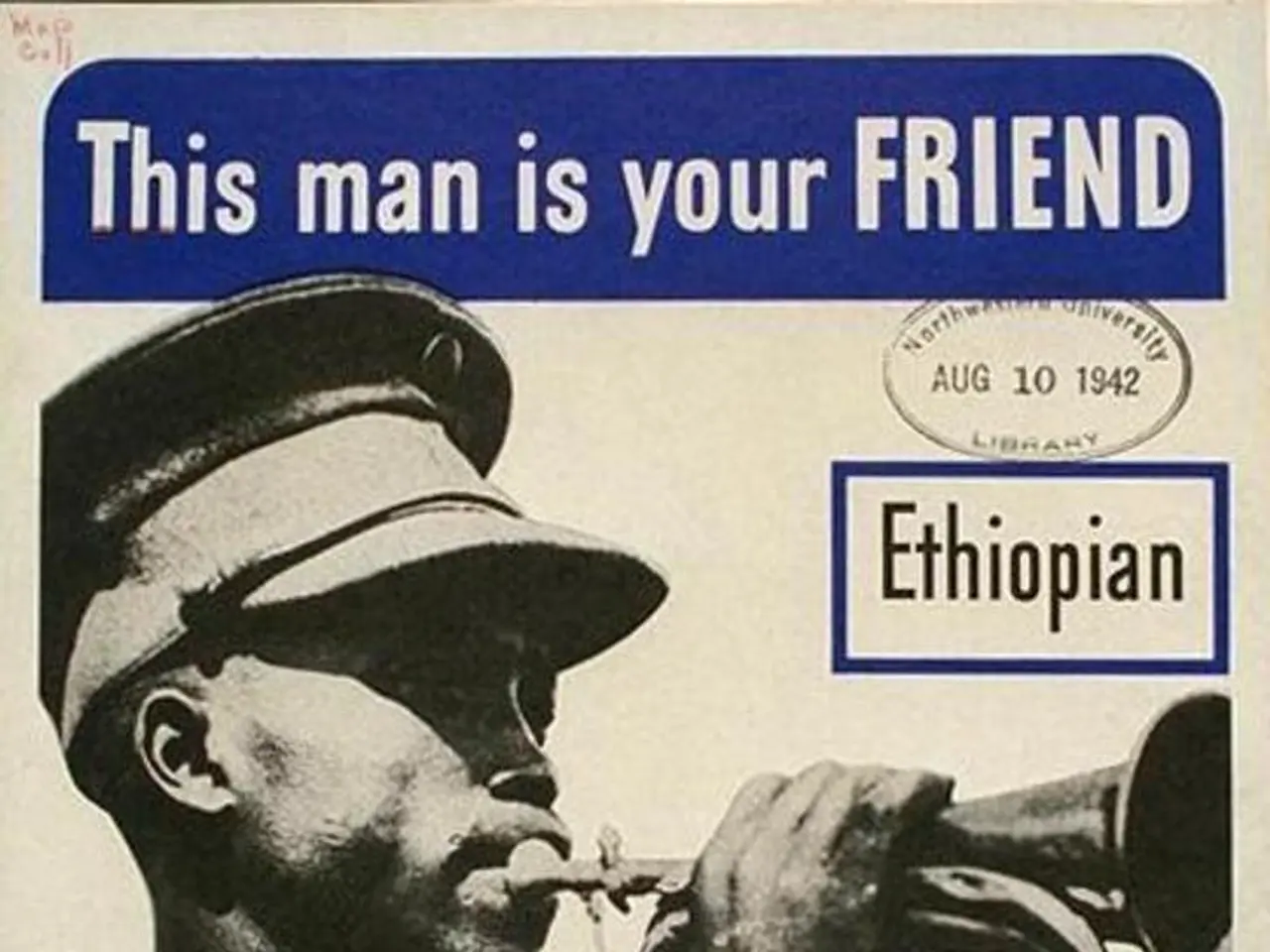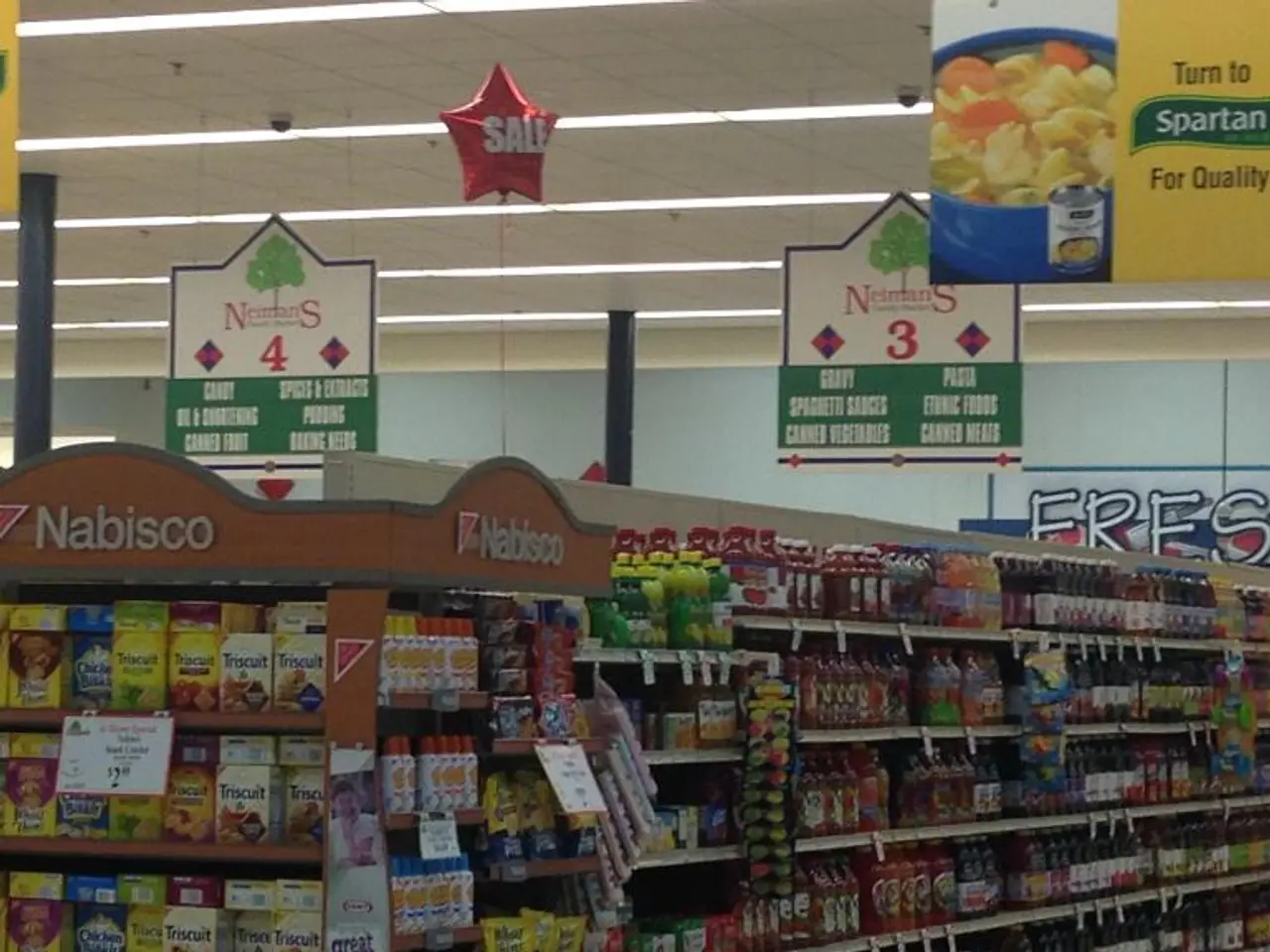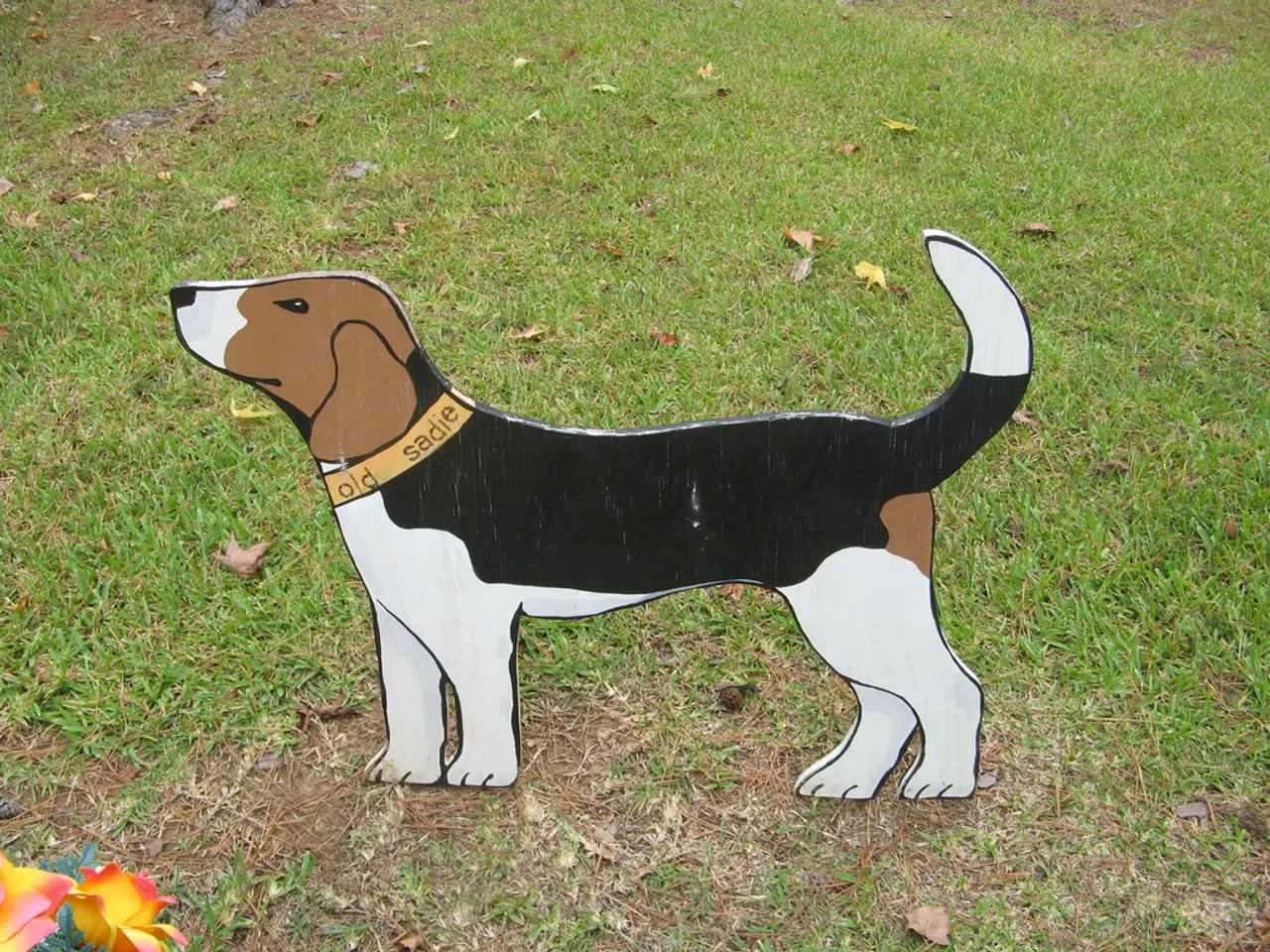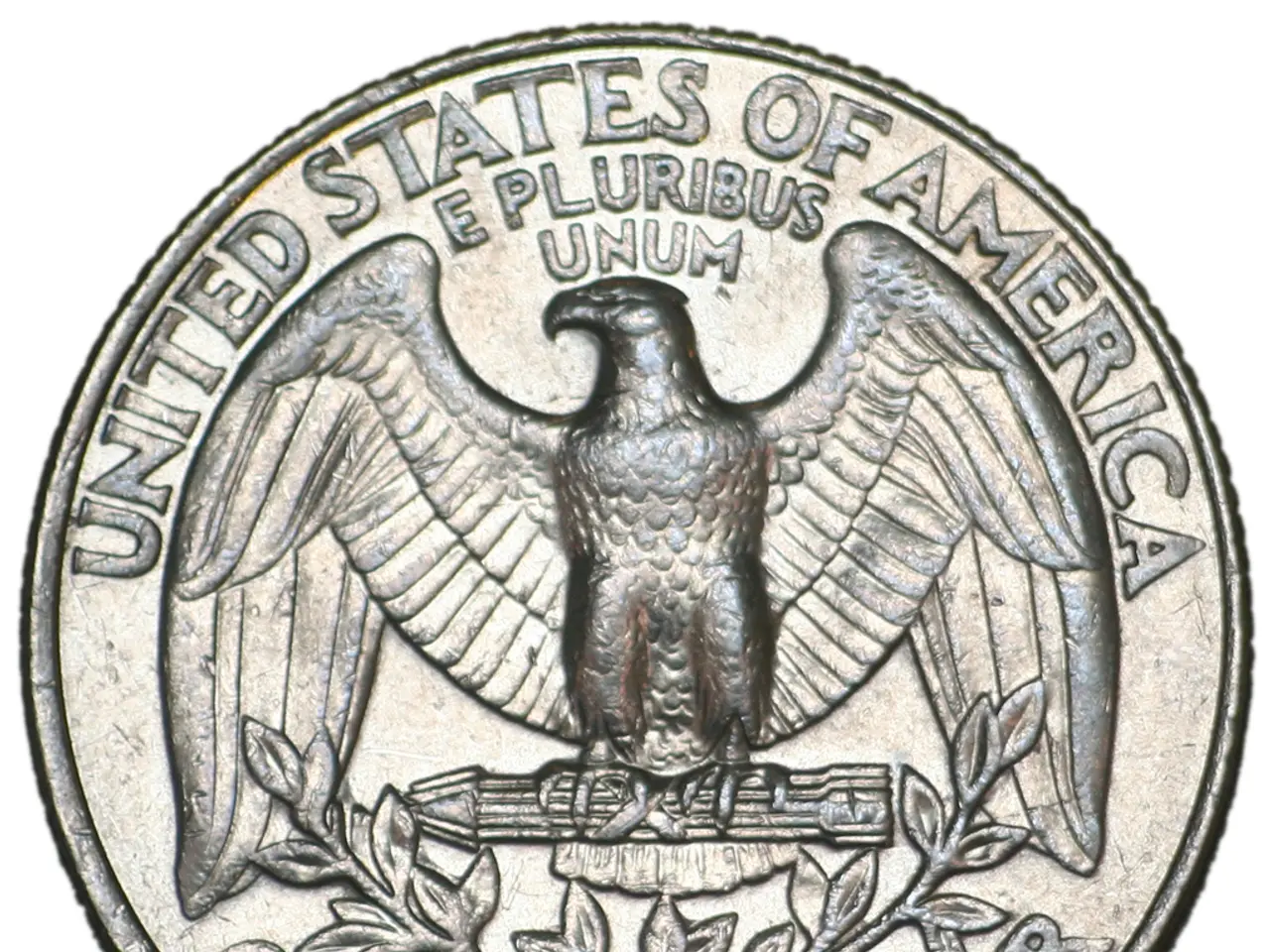Manipulation of origin detection: Chinese goods are shipped via third nations to dodge United States tariffs
Unmasking the Game: Chinese Exporters' Cunning Tariff Evasion Tactics
In the cat-and-mouse game of trade, Chinese exporters are pulling off a sneaky maneuver: "place-of-origin washing." This unconventional tactic is helping them dodge high US tariffs, as revealed by the "Financial Times."
This strategy can make the origin of products difficult to trace. South Korea alone has uncovered merchandise valued at $21 million with a false origin during the first quarter of the year.
The US has imposed tariffs of 145 percent on Chinese imports, while China retaliated with tariffs of 125 percent. However, some cunning Chinese exporters are finding ways to wriggle out of these tariffs, shipping goods through third countries, such as Malaysia, to conceal their true origin.
Social media platforms in China are flush with ads promoting "place-of-origin washing." A seller for the Chinese company Baitai Lighting admitted to this tactic in a conversation with the "Financial Times." She revealed that the soaring tariffs make it difficult to sell goods directly to the US. But they can still sell the goods to neighboring countries, only for them to be sold on to the US, and the tariffs will be lower.
However, for tariffs to apply for import into the US, the products would need to be significantly altered, typically involving processing or manufacturing that significantly increases the product's value under US trade law.
South Korean customs authorities have reported the discovery of $21 million worth of foreign products with false origins in the first quarter of the year. Most of these goods originated from China and were intended for further export to the US. Other countries like Vietnam and Thailand are also taking measures to crack down on the influx of goods, urging traders to scrutinize products more closely.
International trade consultants suggest that "origin washing" is the primary method used by exporters to circumvent US tariffs. Another method involves mixing expensive and cheap products, allowing exporters to falsely report lower overall costs for shipments. The Chinese Ministry of Commerce has yet to respond to a request for comment.
Note: This tactic, often involving only superficial changes, exploits US customs rules requiring "substantial transformation" for tariff exemptions. "Origin washing" is raising alarms in both the US and transit countries like Malaysia, Vietnam, and other Southeast Asian nations.
- What tariffs apply if Chinese exporters ship their goods through third countries like Malaysia to conceal their true origin, as revealed by the Financial Times?
- A Chinese seller admitted to the practice of "place-of-origin washing" to the Financial Times, stating that this tactic allows them to sell goods to neighboring countries, and later to the US, to bypass high US tariffs.
- International trade consultants claim that "origin washing" is the principal method exporters use to avoid US tariffs; another method involves mixing expensive and cheap products to report lower overall costs for shipments.
